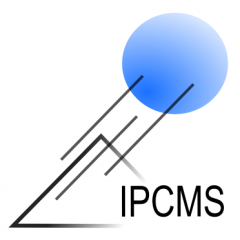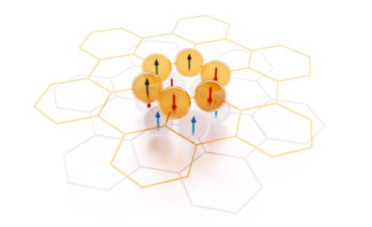Speaker : Vikram Deshpande, University of Utah, USA
Abstract : Topological materials have burgeoned of late due to their implications for the fields of electronics, spintronics and quantum computing, among others. While their electronic properties are important in their own right, they can also couple in fascinating ways to the lattice. We have developed techniques to deform materials controllably and study their resulting electronic properties in-situ, while complementarily sensing the electronic ground state through the mechanical degree of freedom. In this talk, by way of introduction, I will first present purely electrical measurements on the prototypical topological material, the three-dimensional (3D) topological insulator (TI), wherein we hybridize Dirac cones of 3D TI surfaces controllably to realize the quantum spin Hall effect in the ultrathin limit. Then I will present our recent results applying the above-mentioned mechanical techniques to two different topological materials, namely twisted bilayer graphene (TBG) and the intrinsic magnetic topological insulator (MTI) MnBi2Te4, respectively. We are able to tune the Hofstadter’s spectrum of non-magic angle TBG and induce magnetism in non-magnetic correlated insulating states of magic-angle TBG using isotropic strain, for example, and detect various magnetic states and measure magnetoelastic couplings in the case of MTIs. Our advances present unique routes to tuning and sensing the parameter space of these exciting materials.
Contact : Stéphane BERCIAUD (berciaud@unistra.fr)
Upcoming Events
Back to CalendarDSI Seminar presented by Gracie Chaney
Title : “ Machine learned interatomic potentials as a tool for studying complex chemical systems ”
Quantum sciences and materials seminar presented by Patrick Potts
Title : Active quantum reservoir engineering - Using a qubit to manipulate its environment

